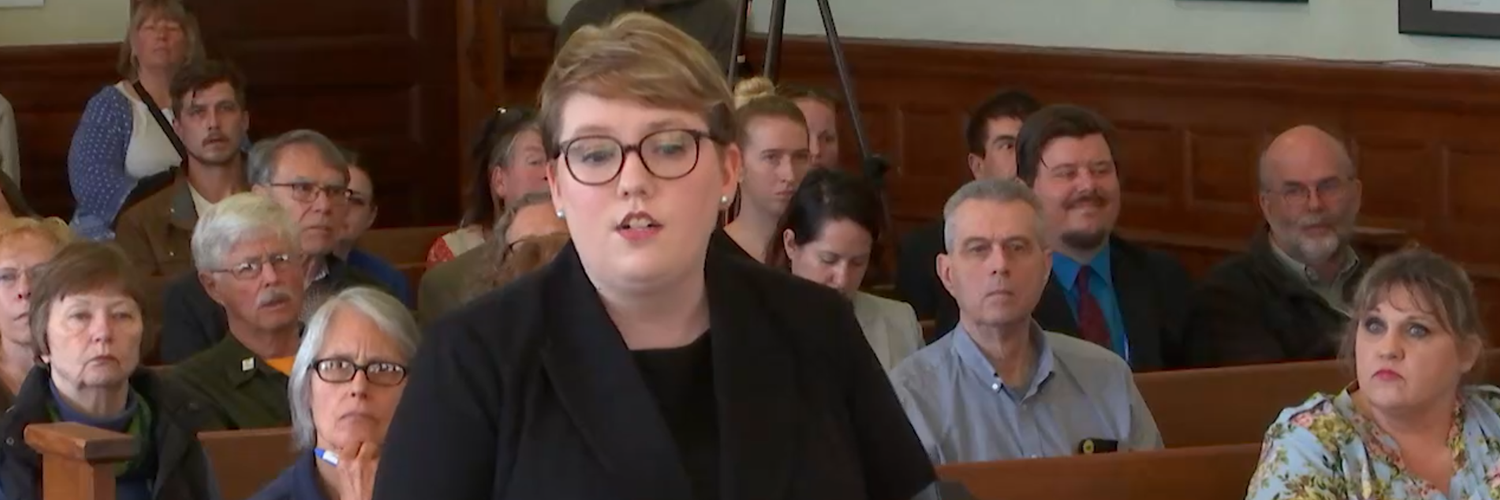Freedom Foundation Litigation Counsel Sydney Phillips on Tuesday explained to the Washington State Supreme Court that a 2016 ruling issued against the organization by a lower court and subsequently upheld on appeal would make a shambles of the state’s public information laws.
The case deals with a 2015 records request filed by the Freedom Foundation for documents from four University of Washington employees. Specifically, the request sought e-mails mentioning or including the terms “Freedom Foundation,” the U.S. Supreme Court case Friedrichs v. California Teachers Association, and certain unions.
The request also sought e-mails sent from, or to, a UW e-mail address, aaup@u.washington.edu.
UW officials agreed the nearly 4,000 pages of documents were a matter of public record and were inclined to release them. The action was opposed, however, by SEIU 925 — which wasn’t even recognized as the bargaining representative of these four employees.
The union sought, however, to prevent disclosure of public records involving one, Robert Wood, who was unhappy about how UW was treating him and other employees and had become involved with 925’s (ultimately unsuccessful) efforts to unionize the university faculty.
Wood also was the UW representative to the American Association of University Professors, a national organization devoted to standards for higher education and promoting working conditions for those engaged in teaching and research.
SEIU 925 obtained a trial court order these documents should not be disclosed, prompting the Freedom Foundation’s appeal.
The Court of Appeals, Division 1, upheld the lower court ruling, applying a novel interpretation to the statutory definition of what constitutes a public record.
Under Washington law, a document “owned, used, or retained” by a state agency and containing information “relating to the conduct of government” is considered public record. Further, the Washington State Supreme Court in Nissen v. Pierce County held that even documents on an employee’s private electronic device were “owned, used, or retained” by the state agency – and thus a public record – so long as the document was within the “scope of employment” of the government employee.
Otherwise, many public employees would succumb to the temptation to avoid public scrutiny simply by using their private devices to conduct government business.
The appellate court judge applied this “scope of employment” test to the other part of the definition of a public record, whether the document “relates to the conduct of government.” If Prof. Wood’s e-mail, created on and using the UW system, he ruled, could not be released even if it mentioned the union or the Freedom Foundation, or if the document related to the conduct of government, because this was not considered within the “scope of his employment” as an Atmospheric Sciences professor.
Because this could gut the Public Records Act, the Freedom Foundation again appealed, this time to the Washington State Supreme Court.
During Tuesday’s hearing, held in Port Angeles, Justice Debra Stephens addressed the public policy issue when she observed that, had any professor sent a sexually harassing e-mail to a colleague, that would be outside the scope of his employment and not disclosable, even though it certainly related to the conduct of government, meeting the statute’s definition.
As a matter of public concern, the public should be able to see harassing e-mails. As a legal matter, the Court of Appeals’ opinion changed the words in the statute, which simply is wrong.












